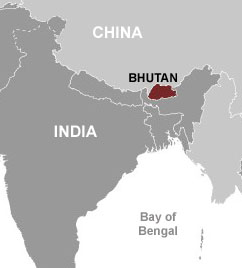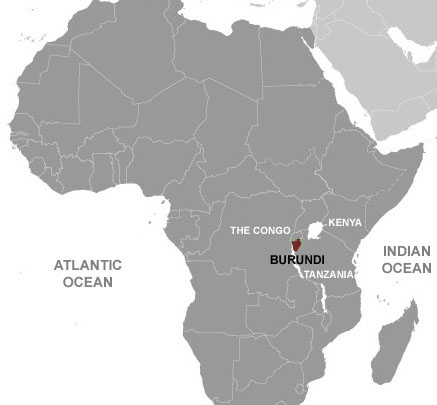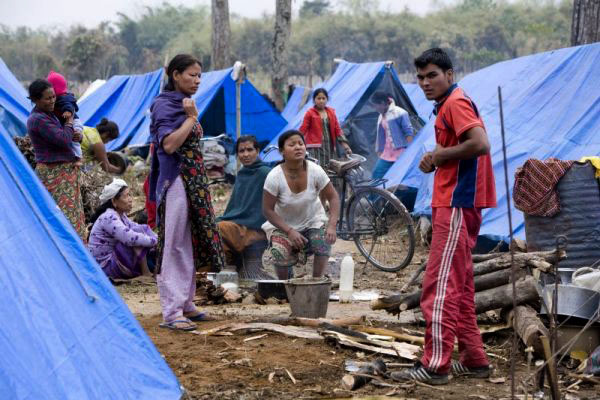SMU students and former refugees offer solutions
for displaced populations seeking cultural connections

SMU anthropology students, their instructor and members of the North Texas Burundi and Bhutan populations will demonstrate their solutions for cultural sustainability under dire refugee circumstances in SMU’s Living Village at 6:30 p.m. Thursday, April 19. From a pop-up tent/temple, to a solar-powered computer station for searching missing family members, to a small raised garden suitable for food production next to a tent or shelter – these ideas were developed for potential use at UNHCR (United Nations High Commissioner for Refugees) camps.
The Living Village on the SMU campus is an interactive display and teaching tool for the second Engineering & Humanity Week April 15-20 as students live, cook and sleep in temporary shelters designed for international refugees and rapidly expanding urban populations.

Find parking information and a map here.
Moved by challenges of people who wanted to continue their traditions, trades and cultural identities despite their refugee status, the students in SMU adjunct professor Faith Nibbs’ “Introduction to Cultural Anthropology” class invited former refugees from Asia (Bhutan) and Africa (Burundi) now living in North Texas to share their experiences in the refugee camps – some for as long as 20 years. Burundi is an eastern African country, bordering Rwanda, populated by the Hutu and Tutsi farmers, both of whom have fled to escape ethnic persecution and violence brought on by civil war. The Bhutanese are Nepalese in origin, but have lived as immigrants in southern Asia for centuries due to inter-cultural and religious discrimination.
The students and the former refugees identified five cultural sustainability problems that occur in refugee camps, and will set up stations in the Living Village to demonstrate their solutions, including:
- A solar-powered computer station that allows families to reconnect with displaced family or clan members, similar to the type of database FEMA uses to reconnect family after disasters in the United States.
- A pop-up pagoda-style tent that can serve as a Temple for practicing Buddhists, such as Buddhist refugees from Burundi.
- A station that would allow refugees to sign up for meaningful work in their refugee village (even if unpaid) ranging from composting, to helping in medical clinics, to teaching.
- A tent set up specifically to allow for teaching cultural traditions such as drumming and basket weaving, to assuage the fears of elders that young people in the camps will lose their traditions.
- A small, pop-up raised garden that would allow refugees – most of whom come from rural agricultural backgrounds – to raise some of their own foodstuffs next to their shelter.
 Bhutanese refugee camp in Nepal. |
The program will begin at 6:30 p.m. April 19 at the Living Village with a member of the Burundi community who will discuss what led to his nation’s flight, experiences as a refugee, and how some of the suggestions on display at the Living Village would have helped. The Pantego Burundi Church Choir of Ft. Worth will perform at 6:50 p.m. At 7 p.m., Khara Bhandari, the program director of the Organization of Bhutanese Society, DFW will talk about his nation’s refugee crisis and the solutions for cultural sustainability on display. His remarks will be followed by a musical performance by the Organization of Bhutanese Society and dinner on the lawn at 7:30 p.m. that is free to all guests.
Engineering & Humanity Week provides in-depth exposure to global economics, cultural awareness, collaborative leadership and principles of sustainability.
“Through the power of engineering—steeped in practical solutions, collaboration with partners, and a commitment to the principles of humanity—we will work to meet the challenges of the developing world,” says Stephanie Hunt, the event’s founder and chairwoman.
# # #